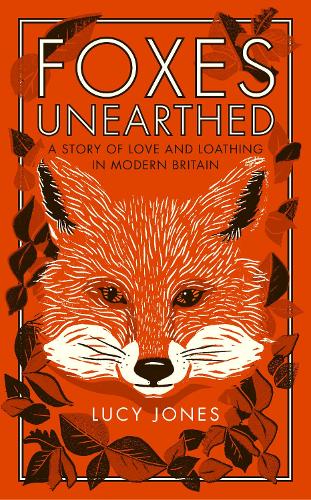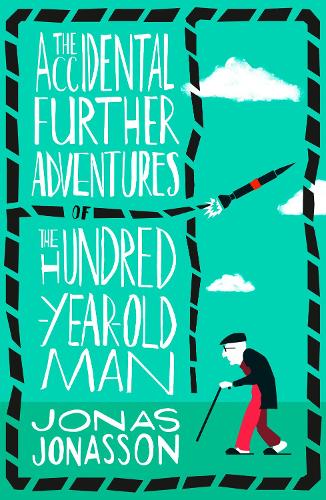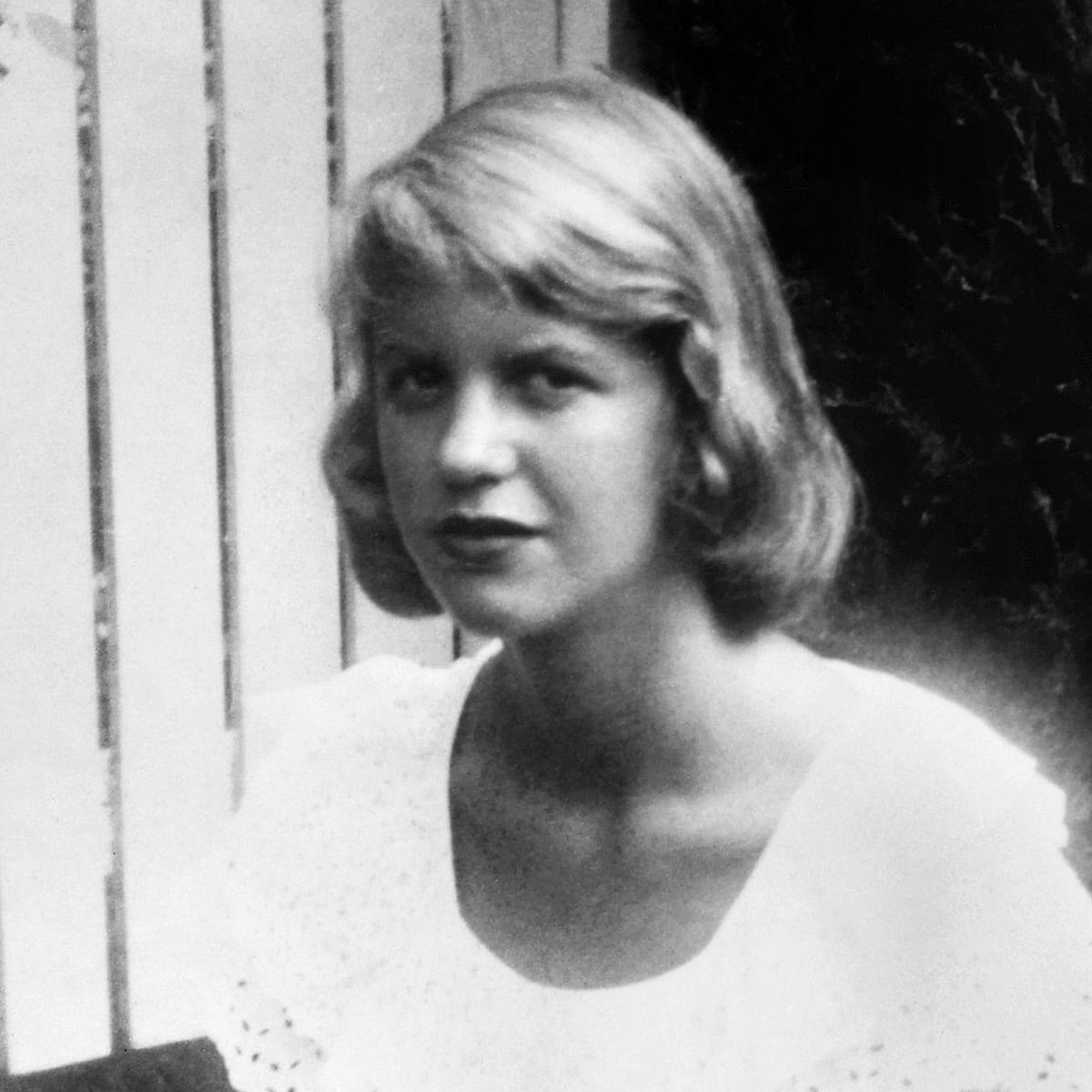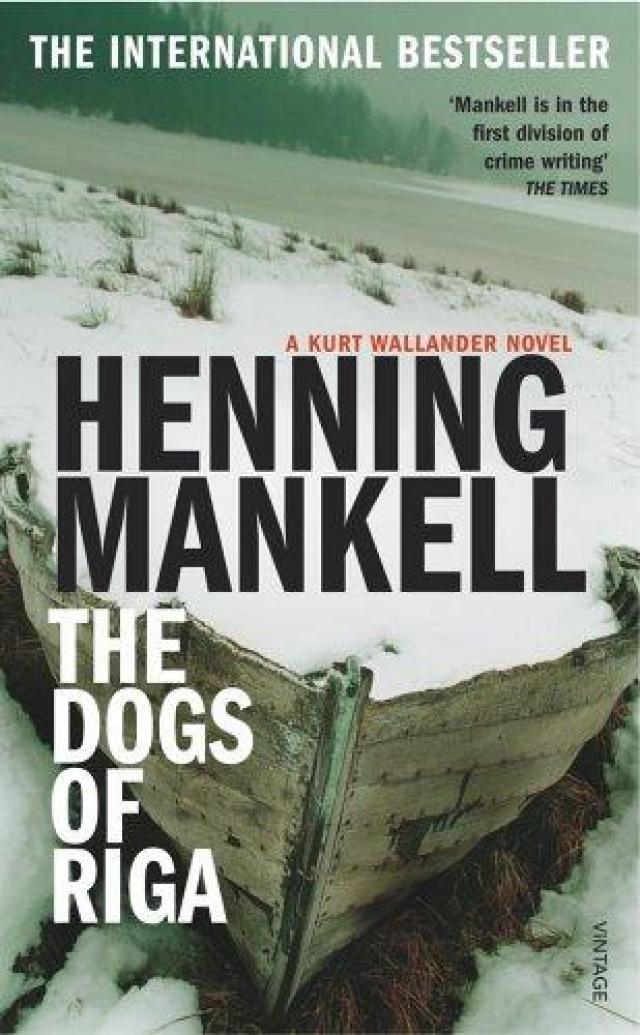Disclaimer: should you make a purchase through any links in this blog, I may earn a commission from the sellers, but that has no impact on the cost to you as the consumer, and it does not influence the content of this blog.
Okay, so, if you have made it beyond the title, I can probably assume two things about you; you like books quite a bit, and you either blog or you're thinking of blogging about books.
Still with me? Okay. Cool So, what do you want to know first. Who the hell am I? Um, right, well, I am a rather bookish blogger. I don't have years of blogging experience behind me, and there are bloggers with larger readerships than my own humble little blog. But, since I started my blog, the number of people visiting has been steadily on the increase, and I really enjoy engaging with my followers. So, here I am, Mr. Self-Appointed Advice Giver, ready to impart my wisdom!
First things first, why do you want to become a blogger?
If your primary reason for wanting to blog is to try and make some money, a source of residual income, there are probably easier ways. To be honest, I've not made any money from this blog in the year and a half, or so, since I started using it as a way to try and foist my opinions on unsuspecting internet users. And, I expect that that will be a trend that will continue, at least for the foreseeable future.
I use affiliate programs, being signed up with bookshop.org and Waterstone's. However, that hasn't come to much for me yet. And, I've not received any donations via the page that I have set up at ko-fi. It would be nice if I did; I put a lot of effort into this blog, and I consider it to be more than just a hobby. Apart from that, having lost work last year, it would make a real difference. But, there are things more important than that - if there weren't I would have abandoned this space a number of blog posts ago!
For starters, to be honest, I enjoy it! I enjoy the reading, I enjoy the writing, I enjoy proof-reading what I have written, doing the edit, reading it back again, tweaking it here and there, and publishing it when I think it's as ready as it is going to be. I enjoy taking that post out to my other platforms, on social media, and sharing it with followers. I enjoy engaging with other book bloggers. I love coming back a little while later and being surprised by how well, or how poorly, a piece has been received. How many people have taken the leap and clicked on my little piece of writing. It's a little thrill.
And, it's that, the enjoyment of the whole thing, that keeps me coming back to bother you with all this content!
Love reading, and be yourself
If you are going to blog about books, and this next part may sound like I am stating the obvious, you are going to have really like reading books.
The great thing is, after that, you can pretty much do what you want. You can discuss any genre, any author, any way you like. You can even publish nothing but blog posts about your favourite typeface, if that's your thing. I am sure someone will read it. I mean, I don't know them personally, but I am sure they are out there . . .
But, if you want to find an audience, you will probably want to stand out at least a little. And, my best advice there is, just be yourself! Because, there's nobody quite like you, baby!
So, if you want to blog about books, start immersing yourself into the books you love to read. Because that's your passion, and nobody else is going to bring that passion to readers when you start to blog. And, no one else is going to have read that book through your eyes, with your experiences.
Find other bloggers, and read about blogging
One of the best things you can do as a blogger, is to step away from the blog, and go fritter away some time on social media. Now, that may sound a tad counter productive, but trust me.
There is a wonderful community of book bloggers out there on Twitter, and they often give each other little boosts, and there's friendly conversation too. And, being a part of that community is part of the reason we went from just reading about books to writing about them online, isn't it?
I mean, I know that for myself, that that is a major part of why I blog; I welcome the discussion, the exchange, with people with whom I share a passion, a pleasure.
And, though personally Twitter is my go to platform, there are spaces on Facebook for book bloggers, and there are a huge number of bookish profiles out there on Instagram too! Again, you do you!
For further reading, a quick Google search throws up a number of books you can check out on the subject of blogging.
Start a blog
Go to Google, type into the search bar the words "blogging platforms", find one you like, and off you go.
There are a few to choose from, but I have noticed that most use either Blogger or Wordpress.
As a blogger, I use Blogger and that seems to fit my purposes pretty well. The only issues I have had with it have been because of my own wariness around any piece of technology that doesn't require I wind it up to make it work!
As a reader, I read blogs by those who use Wordpress, and they always look well formatted and easy to read. But, I couldn't really tell you anything about how to use the platform as a blogger.
When I came to Blogger, I just experimented, and you can tell that when you look at those early posts (go on then, go have a look, I will wait . . .), and I think that that might be all you can do really; find your own voice, find what you want to say, how you want to say it. Don't be afraid to ease into it.
If you are looking for ideas on content, the different ways that you can present what you want to say, you could consider making a video post; make picture posts (as I say, there's lots of bookish content on Instagram, if you are looking for ideas); you could write a post that responds to readers' comments; you could conduct an interview . . . There are lots of ways that you can write blog posts, and they don't all have to be straight ahead reviews and analyses of books you've read. Sometimes, we just don't have the time or energy to give to a book that it deserves, so other bookish content, instead of wide spans of time between blog posts, can be the answer to that!
Consider your ambitions
At some point, you will probably come to realise that a blog can lead to other things. Whether you harbour ambitions of other writerly endeavours, or you want to use the space as a means to engage with others, a blog can achieve things beyond the blog.
Remember in the second point I made, about finding other bloggers and reading about blogging? Remember how I mentioned a Google search throwing up a number of results for books about blogging? Yeah. Well, a lot of those books are written by bloggers. Because, when you think about it, bloggers are the ideal people to write about blogging. If you get good, people will want to know how you did that!
Also, don't forget, as a book blogger, you're an authority on those books you have read! You have given your attention to those books with an analytical eye, a critical eye, so that others might benefit from your experience. If you can write well, there are probably newspapers, magazines, online spaces, etc., who will pay for your writing.
You might want to look into affiliate programs. As I mentioned before, I am signed up with bookshop.org and Waterstone's, and I am forever trying to find that happy balance between trying to convince people that they ought, if they are going to buy books anyway, make those purchases through links in my blog, and not feeling as though I am selling my soul. You know, that old chestnut!
But, it could just be that you want to find others like yourself, others for whom books and being bookish are a constant. In which case, I would say again, be yourself, and put yourself out there. You can find your people through social media, and there are a number of really good book bloggers already out there. Give them a follow. They'll appreciate it, trust me!
Write, proof-read, edit, read it back again, tweak it, publish it when it's good enough . . .
. . . and then keep doing that. Again and again and again.
If that sounds like a good time to you, you are probably going to be a half decent blogger. Also, I am a tad worried about you. But, who am I to talk!?
At the other end of the book blogger life, after reading the books, you have to write about them. And, your readers are, most likely, going to be much more grateful to you if you have made your content as good as you can make it.
I know, sometimes a mistake gets through, it happens to the best of us, but just putting in the effort to make it as good as you can each time is worthwhile. After all, I am assuming you are blogging about books, rather than just keeping a personal journal for yourself, because you have some hopes of readers finding your output.
You're a writer now, as well as a reader.
GET BLOGGING
So, what do you think? Am I talking nonsense? Ought I to get out more? Is anybody there?
What are your blogging experiences? I would love to know. So, if you'd like to let me know your thoughts, you can comment below, or you can come and follow me on Twitter where I tweet and twitter about books, amongst other things!
If you found this piece useful or enjoyable, please consider following/supporting me over on ko-fi, a platform for creatives and their followers. If everyone who read my efforts donated but the minimum, it would make a huge difference. All support is gratefully received, and very much appreciated!
Thank you for reading. Stay safe. Stay well. Keep reading good books.














